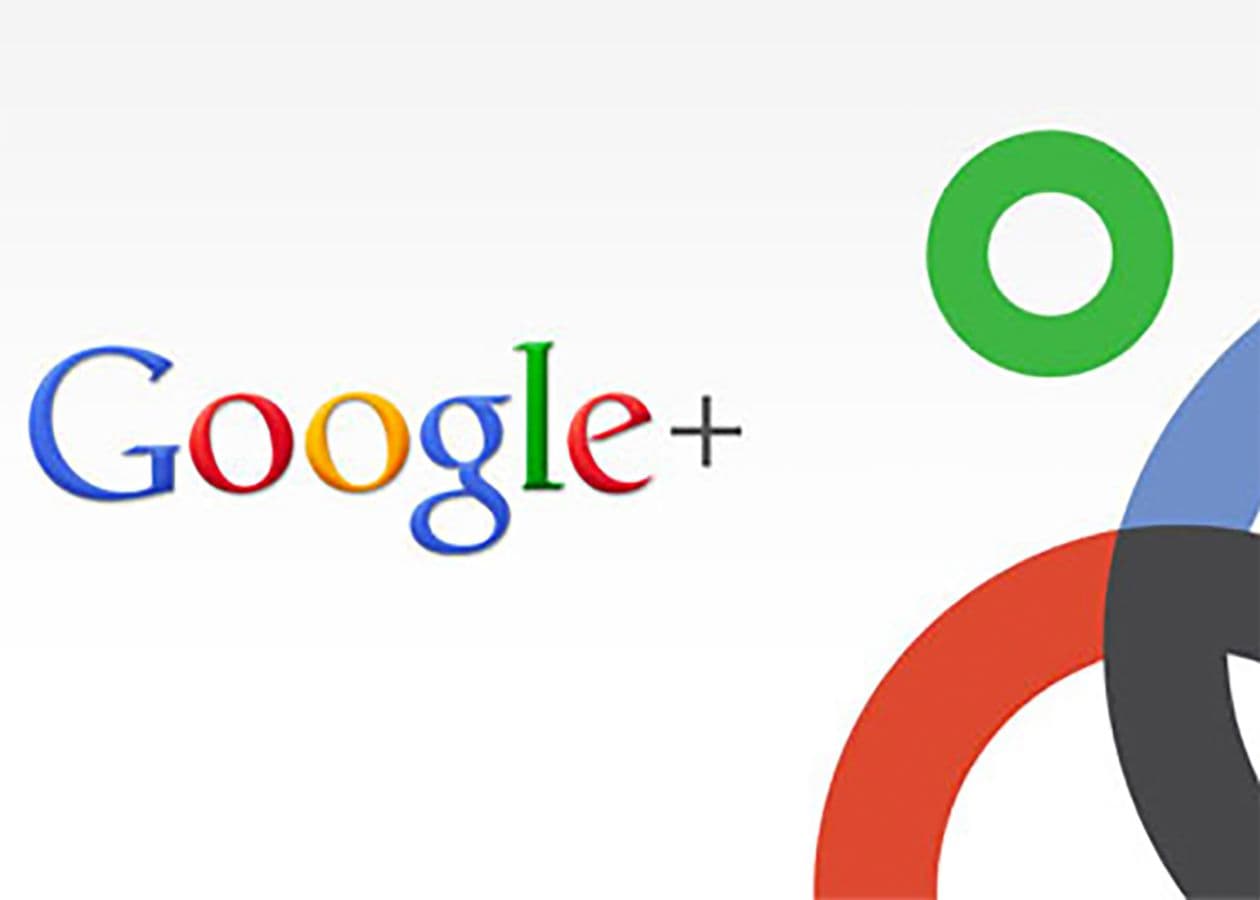
The ongoing Google vs Facebook battle is entertaining, but the author found Google more useful for research. Facebook's social graph lacks bridge nodes and ignores crucial aspects of social networks. Both platforms may need each other to thrive, as neither works well in isolation.
Watching the ongoing battle between Google and Facebook is definitely entertaining. The posturing, one-liner PR statements, bluff and bluster – a quick read of it all would make it seem like each company knows exactly what’s going to happen next (i.e. world domination). It’s especially fascinating to watch the rhetoric coming out of Facebook. All the chatter about mapping the “social graph”, and this future vision where everything we do on the web goes through Facebook – it’s compelling stuff. Compelling, mostly, because we are fundamentally social people. The idea that our social network could filter content for us, could make our online experience more relevant and contextual – who wouldn’t want that?
Testing out the graph
Well, I, for one. Don’t get me wrong, I love my social circle (and I call it “circle” on purpose, it’s not this amorphous, expansive “graph” – these are my friends!), but do I want everything I consume on the internet to come through them? Most definitely not. Let’s take a current example of what this looks like: I recently bought a motorbike, and went through the requisite months of research, taking the MSF course, buying all the gear, etc. It was grueling (but fun), and I had to make dozens of choices along the way. Did I even have friends online who ride motorcycles? As it turns out, 1 of my 800+ friends on the ‘Book rides a bike – and he recommended I get a Ducati. Even though I appreciated his advice, I didn’t want a machine I’d be taking into the shop every other week. And therein lies the rub with Facebook, and other single platform “social graphs”: when they get content right, when it’s relevant and contextual and fits in with my needs, it’s great. Search over, decision made, c’est fini. But when Facebook gets it wrong….that’s it. No other search results, no suggestions for people who might have bike experience, or live near me, or be willing to give me advice. Nothing. So what does one do?
And the winner is…
One can turn, as I did, to Google. And what an expansive world it turned out to be! All of a sudden I had access to forums, bike sites, online stores, images, bike reviews, crazy rants and thoughts and ideas from thousands of people, not a single one from my social graph. I had access to a whole ream of data that simply would never have surfaced had I stayed within the world of Facebook. What’s more, even out in the world of Google, I didn’t see a single Facebook “Like” anywhere. So not only did Facebook roll snake eyes when I was in the platform, but it didn’t penetrate outside its ivory walls much, either.
A primer on “social networks"
There’s definitely something to learn here. Firstly, Facebook didn’t invent the "social network".
Sure, the ways we’re interacting with one another are changing at a breakneck pace, much of it due to sites like Facebook, but the study of social networks goes back a century or more. There’s a whole range of fascinating thought and experiments that I’d highly recommend taking a look at, everything from how many degrees of separation really are between us and Kevin Bacon, to how social networking analysis can help us understand terrorist networks. Great stuff.
Secondly, Facebook seems to ignore – or at least not even notice – several crucial aspects of social networks that I think should be mentioned.
Dunbar’s Number
This is the maximum number of people in a social circle any one person can properly sustain (i.e. remember their names, how they all relate, etc.). Facebook totally flouts this by letting people amass as many friends as possible, which in turn dilutes the network’s power. Solid recommendations and advice come from close friends – not my 799th.
Social distance
The “distance” between nodes as defined by a combination of criteria (other nodes, physical distance, age, etc. The list is endless). Think of it this way: your mum is pretty close to you, socially (or MY mum is, anyway). Your roommate, maybe even more so, since you see her every day. Your 289th friend on Facebook who you met in college 5 years ago and haven’t seen since? Pretty distant. In fact, they might not even have as much influence on you as the barista who serves you coffee everyday and isn’t a Facebook friend, but in many ways is less socially distant. Online social networks often miss these “social holes”, which is their main weakness.
Bridge nodes (weak ties)
These are nodes (people) whose ties bridge two different networks. While smaller networks are powerful because they promote cohesion and a sense of common identity, they’re not very good when the information someone needs is outside of the smaller network group. This is where bridge nodes come in, as they allow new information to flow into and out of the group. It was partly the lack of bridge nodes in Facebook that made my motorcycle search so futile, and drove me to Google.
The verdict
As is often the case, there isn’t one, really. I’m certainly not saying that Google is doing a better job at understanding social networks than Facebook, but what’s definitely clear is that Zuckerberg’s operation simply isn’t designed to work in isolation. So while he may be bemoaning the creation of Google’s +1 over a tumbler of nice scotch and a cigar tonight, Boston Legal, he can’t ignore the fact that Facebook without Google (and vice versa, perhaps) simply isn’t viable.
